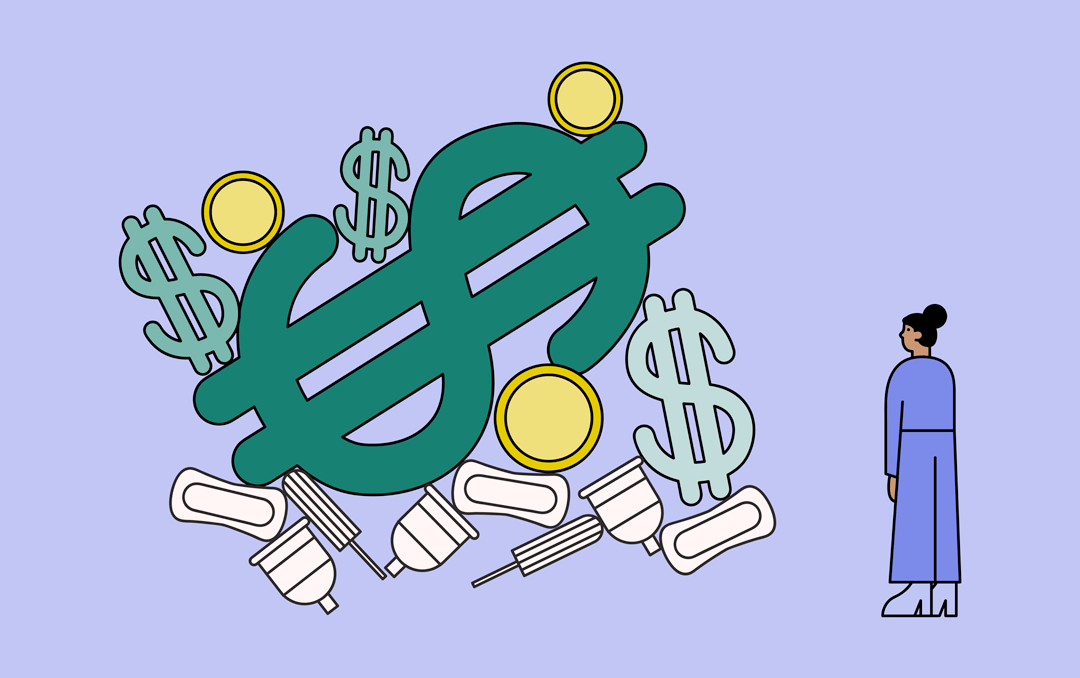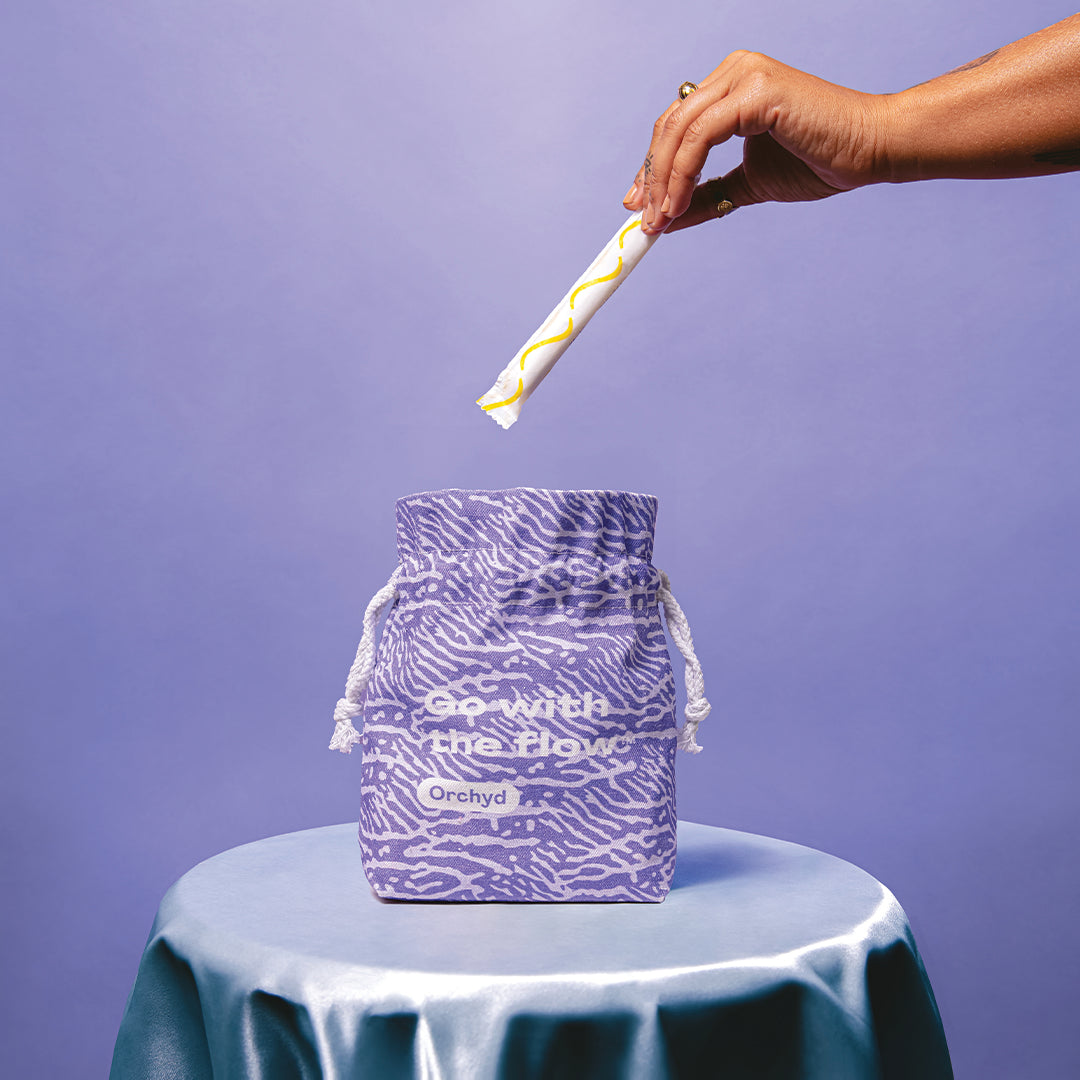
Period Poverty & BIPOC Communities
Share
 It is no secret that in the United States, we struggle with providing necessities to everyone who needs them. Especially during the last year, through the pandemic, poverty rates jumped to a startling high that disproportionately affected BIPOC (Black, Indigenous, and people of color) communities. This has been a trend historically as BIPOC communities struggle to get the help and care they deserve.
It is no secret that in the United States, we struggle with providing necessities to everyone who needs them. Especially during the last year, through the pandemic, poverty rates jumped to a startling high that disproportionately affected BIPOC (Black, Indigenous, and people of color) communities. This has been a trend historically as BIPOC communities struggle to get the help and care they deserve.
When it comes to menstruation, these communities often struggle to access period and hygiene products to help support them through their monthly cycle. Period poverty is real, and nonprofits can only do so much to make up for what is lacking. In order to make up for these disparities, we have to be aware of what causes them and what we can do to help bring about change.
The Problem At Hand
Once a month, individuals in lower-income communities are forced to consider whether or not they can afford the essentials to make it through their menstrual cycle. In some cities in America, these communities may not have access to affordable period products and are thus left with the choice to spend money they don’t have, ask around to get products, or simply go without.
According to Free Periods, one in ten menstruators cannot afford to purchase menstrual products. This disproportionately affects BIPOC communities as individuals of color are twice as likely to experience poverty than white communities, but this isn’t the only issue these communities face regarding menstrual health. Access to hygiene products is only one part of the problem.
The other part of the problem is the severe lack of education on menstruation that BIPOC communities face. Many BIPOC menstruators aren’t given the resources to overcome period stigma or learn about their bodies accurately. Institutional racism has left many individuals in these communities without proper resources to care for themselves during one of the most difficult parts of each month.
In addition, the pink tax expedites the struggle for access to menstrual health products. Hygiene products should be made more affordable, readily available, or even free in public spaces to help combat inaccessibility.
What People Are Doing About It
To combat the lack of resources and inaction by federal and local governments, many BIPOC fronted organizations have been working tirelessly to provide access to menstrual products and education, bring down the pink tax, and relieve period poverty. Of course, there are many other organizations in the field that aren’t BIPOC lead. But it is important to highlight the organizations that have a close connection to these communities and understand the struggle on a deeper level.
Organizations you should know about and donate to:
- Code Red Collective: This organization has been active for six years, working tirelessly to provide support, education, and advocacy for BIPOC communities. Their focus is diverse, and their mission is to “decolonize wellness” and help their communities access products and learn more about their bodies. One of their current projects is the Black-Led Menstrual Equity Meetup, recognizing and connecting with other Black-led organizations to support one another and share resources. Another project is the Indigenous Mutual Aid Project to provide menstrual products and aid to Indigenous communities, one of the hardest hit communities for period poverty.
- #HappyPeriod: This organization has been working on building access to menstrual health resources and changing the discussion around periods in general. They are most active on their Instagram account and often partner with other period organizations, individuals, and companies to highlight those who are working towards the same goals. They are at the forefront of the BIPOC body positivity movement. They aren’t afraid to showcase different body types, skin colors, and the so-called “nitty-gritty” of menstruation like blood, menstrual cups, and tampon strings.
- The Pad Project: They specifically highlight low-income communities and global inequality regarding access to menstrual health products. They draw attention to some communities forced to use whatever they can because they can’t get a hold of period products. They have worked to combat this issue by providing washable pads to low-income communities and employ women to help with this to give them agency. They are also active with their education and advocacy efforts, working hard to collaborate with other organizations that aid those suffering from period poverty.
Moving beyond the topic of menstruation, to further support the BIPOC community, be intentional about where you spend your money. Where you shop and who you support matters, especially given the fact that "Black businesses are impacted more deeply than Caucasian businesses by COVID-related closures." So, visit this site to check out a list of 181 places to shop online and support Black-owned businesses. It's a small yet impactful decision that can change lives.

